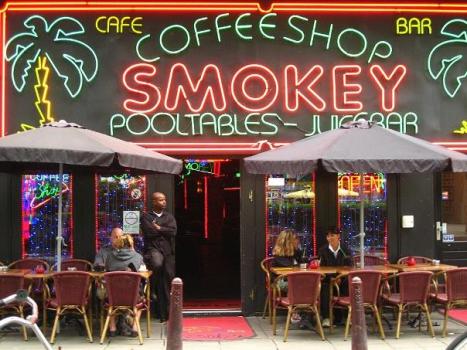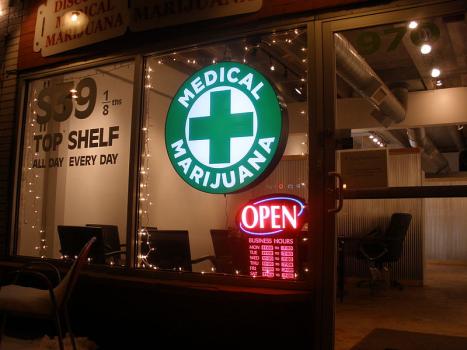DEA Judge Orders Agency to Address Claims it Worked Against Rescheduling, Malay State Proposes Drug Testing Concertgoes, More... (1/8/25)
Ukraine has officially registered its first medical marijuana product, and more.
Comprehensive coverage of the War on Drugs since 1997




